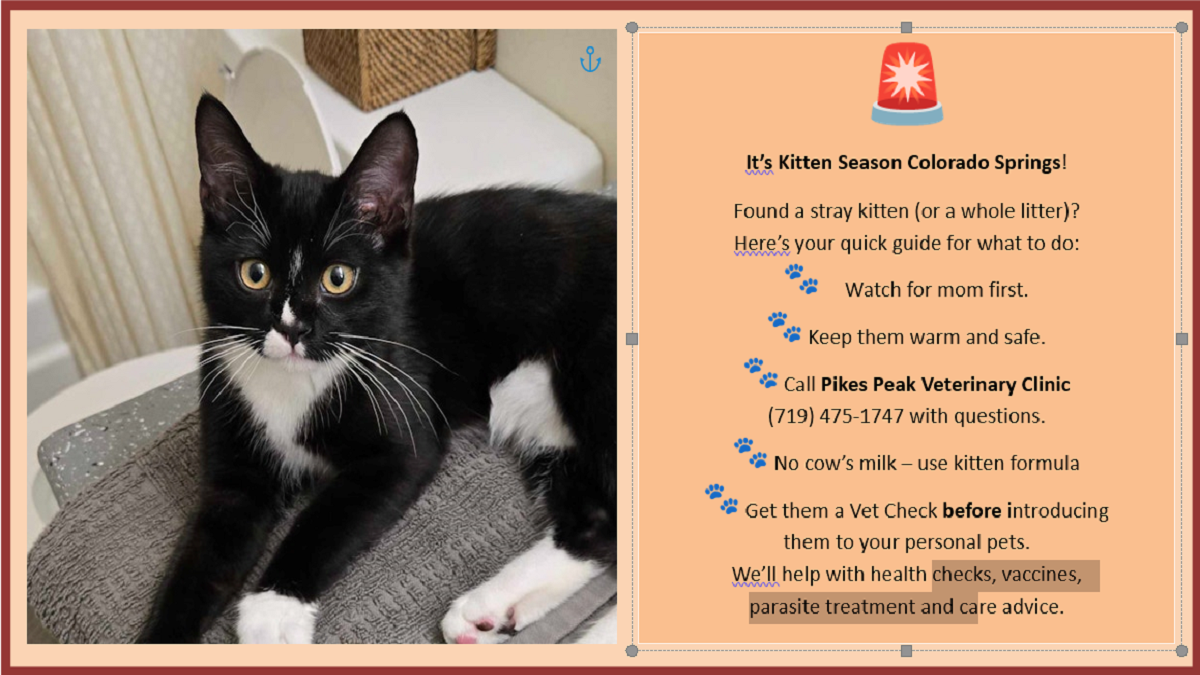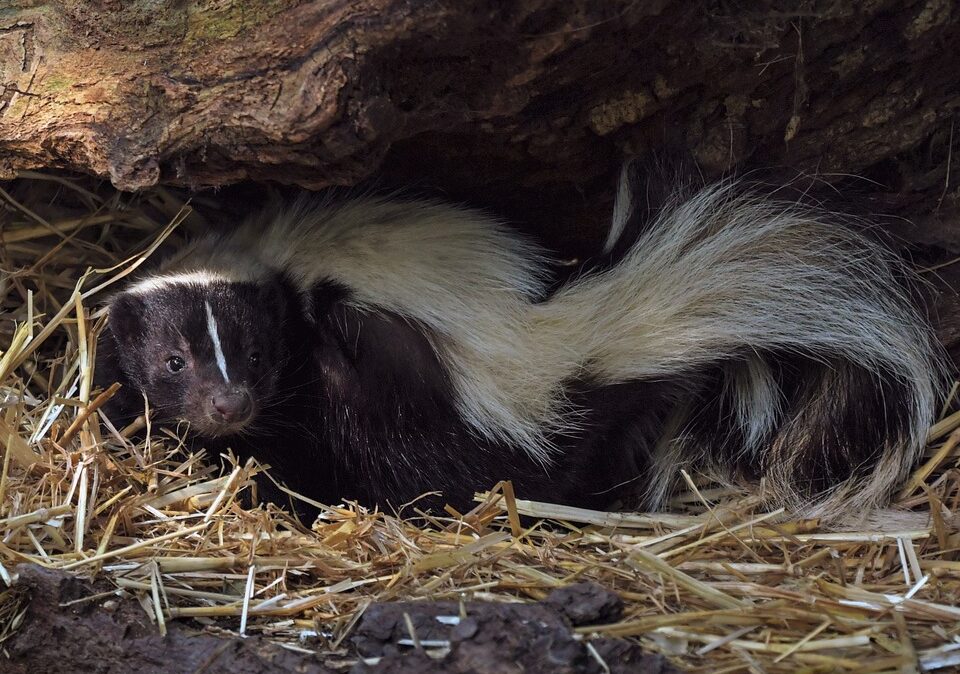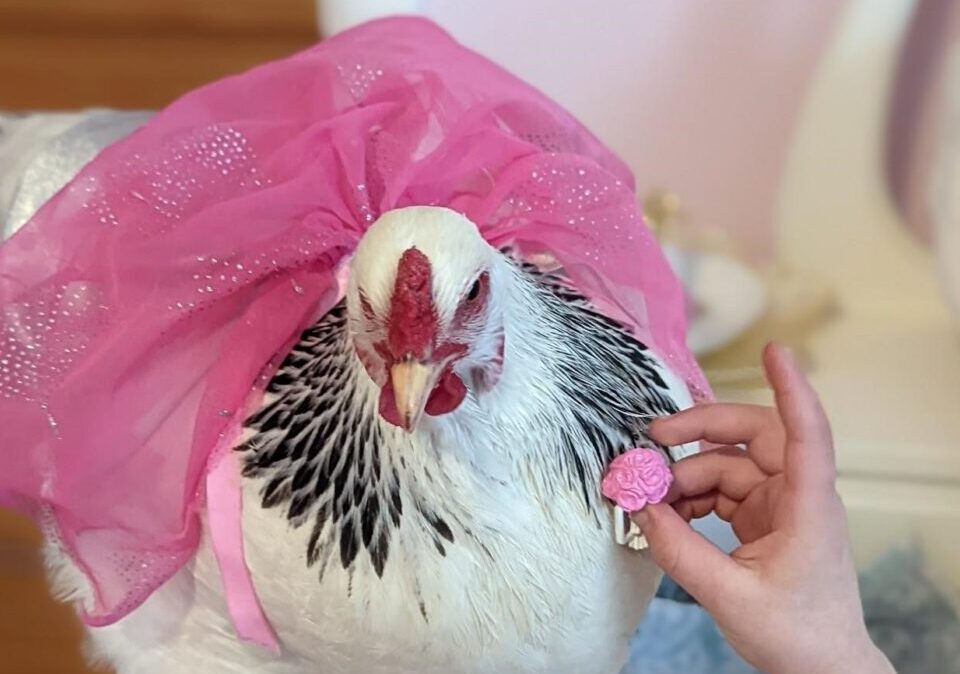
Plants Cats Should Avoid
April 5, 2024It can be heartwarming to stumble upon a tiny kitten—or even a whole litter—but knowing the right steps to take is important for their health, your safety, and the well-being of your community. In Colorado, and especially here in the Colorado Springs area, there are specific considerations to keep in mind.
1. Assess the Situation
Before you scoop them up, take a moment to observe:
- Are they alone? Mom may just be out hunting for food. Watch from a distance for several hours if possible.
- Are they in danger? If they are in immediate harm (traffic, predators, severe weather), carefully move them to a safer location nearby.
- Are they injured or sick? Signs include lethargy, labored breathing, discharge from eyes/nose, or visible wounds.
2. Health Risks & Diseases They, and You, Could Catch
Even the cutest kittens can carry illnesses that can spread to humans, other cats, and even dogs. Common issues in Colorado stray or feral kittens include:
- Upper respiratory infections (sneezing, nasal discharge, watery eyes);
- Intestinal parasites (worms, coccidia, giardia);
- Feline leukemia virus (FeLV) and feline immunodeficiency virus (FIV);
- Ringworm (a fungal skin infection, contagious to humans and pets);
- Fleas and ticks — which can carry other diseases.
Always wash your hands after handling kittens, and keep them separated from your own pets until they’ve been examined by a veterinarian.
3. Who to Call in Colorado Springs
Depending on the kittens’ condition and location, here are your main options:
- Pikes Peak Veterinary Clinic – If you are in Colorado Springs, we can examine the kittens, test for diseases, administer vaccines, treat parasites, and guide you on next steps. Call us at (719) 475-1747.
- Humane Society of the Pikes Peak Region – They can provide resources for fostering, shelter intake, or trapping the mother cat for spay/neuter.
- Local TNR (Trap-Neuter-Return) groups – Pikes Peak Community Cats is a Facebook page sponsored by Happy Cats Haven. Both resources can provide help with feral colonies.
- Animal Control – If the kittens are in immediate danger or on unsafe property.
4. Transporting Kittens Safely
If you decide or are instructed to move them:
- Use a secure carrier or box lined with a towel or blanket.
- Keep them warm—young kittens cannot regulate their body temperature.
- Avoid giving cow’s milk; instead, use kitten formula (available at pet stores), if feeding is necessary before a vet visit.
5. How Pikes Peak Veterinary Clinic Can Help
At Pikes Peak Veterinary Clinic, we offer:
- Comprehensive health exams and disease testing;
- Vaccinations appropriate for kittens’ age;
- Deworming and parasite treatment;
- Nutritional guidance and bottle-feeding advice;
- Spay/neuter services when kittens are old enough
Our team understands that every kitten situation is unique. Whether you want to keep them, rehome them, or simply ensure they’re healthy before going to a shelter, we’ll walk you through every step.
Final Tip: If you can, try to locate the mother cat before taking the kittens away. Mom provides the best care for newborns, and removing them too early can harm their survival chances.
If you find yourself unsure of the right thing to do, call Pikes Peak Veterinary Clinic—we’re happy to help guide you through it.






